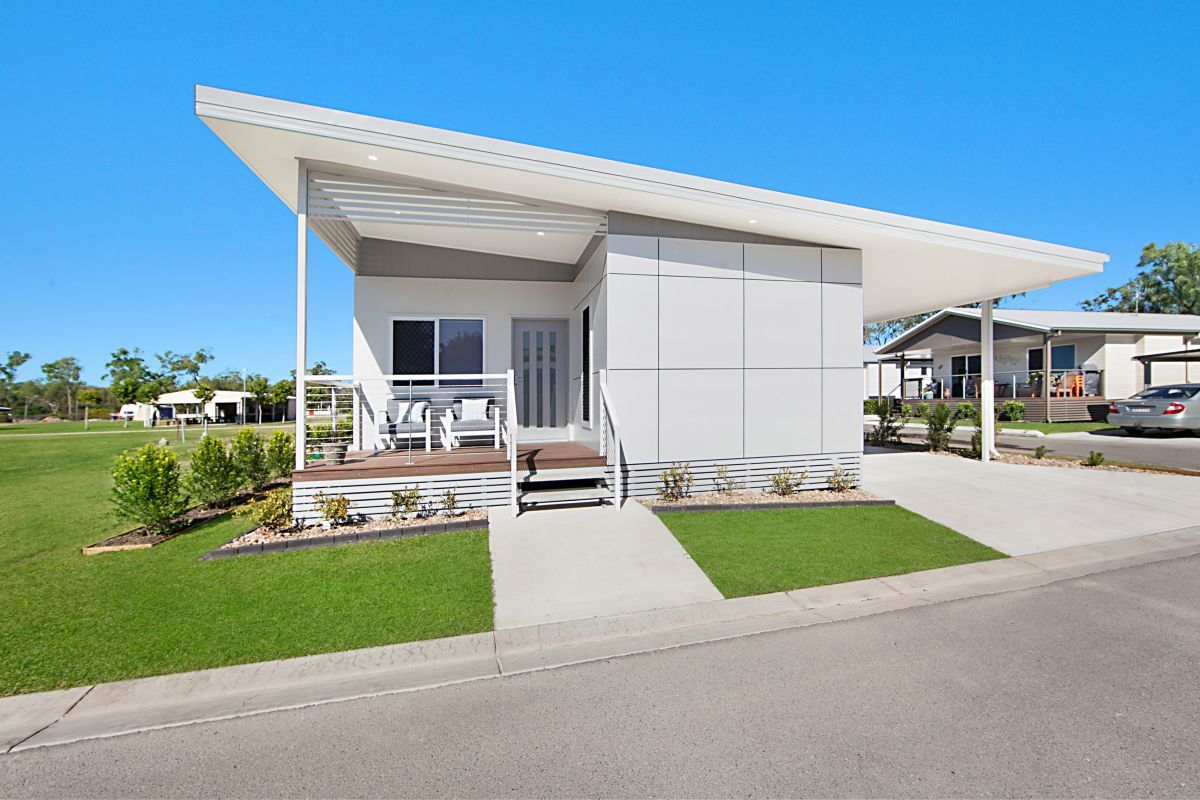
What is the difference between a kit or modular home, and will they get council building approval?
Do you need a building approval for a kit or modular home? What is the difference between building a kit home and a building? Read on to find out what you need to know to ensure a building approval and a successful build.
Kit and modular homes can be a suitable option when building. They can sometimes save time and money but, and this is important to understand from the outset, these homes must meet the same construction standards as any new build dwelling. This may mean having to upgrade the product you are looking to buy.
Here is a step-by-step guide to building these types of homes:
- Building Approval and Building Permits: It is very important to engage a Building Certifier before starting construction to ensure you will be able to obtain the necessary building permits. The Building Certifier will review the plans for the kit/modular home and advise of any non-compliance issues. They will also determine any planning requirements for your local area. You will obtain a building permit once planning and any non-compliance issues are addressed.
- Building Plans: Many companies supply both construction and site plans for the product they sell. If they do not you will need to work with an architect, engineer or building designer to produce these.
- Engineering: Again, many companies supply engineered drawings for their product, but you need to ensure it meets the construction standards of the area you are building in. For example in North Queensland, it must be cyclone resistant and wind rated. Additionally, check that the engineering covers the slab and footings for the structure. If not included you will need to engage an engineer.
- Plumbing and Electrical: If plumbing and electrical systems are not part of the build kit, you will need a QBCC licensed contractor to install them and they must supply the relevant Form 43s for the building permit.
- Energy Efficiency: You need to check that the kit/modular home meets current energy efficiency standards, as the buildings orientation can impact the rating.
- Fire Safety: Your kit or modular home will require smoke alarms according to the Building Code Australia (BCA). In relevant zones it will require bushfire rating.
- Livable Housing: The kit/modular home must comply with the Livable Housing Provision and BCA.
- Building: Make sure the builder is QBCC licensed or complete an owner builders’ course to be able to manage the work yourself.
The best 7 questions you can ask the supplier of your modular home or kit home.
If you are looking to purchase a kit or modular home, you may find the following questions helpful:
- Has the company obtained building approval for other homes in the area? Were any modifications required? Can they supply evidence of this or give references?
- Has the kit/modular home been designed to meet all the requirements of a dwelling in the Building Code Australia (BCA)?
- Is the home engineered to comply with the Building Code Australia (BCA) for the region you intend to build and will it be supplied with the relevant certificates and certified plans?
- Will any additional features or modifications be required to meet cyclone standards? Will any further engineering be required?
- Does the kit/modular home come with any warranty that it will achieve a building approval?
- Are there any special requirements for site preparation and the construction of foundations?
- Is termite management included?
Is it cheaper to build with a kit?
This really depends on the inclusions and whether it is designed to the standards set out for a dwelling in the Building Code Australia (BCA). Ensure the kit/modular home, you are buying, is engineered and come with all the relevant paperwork. If not, retrofitting the kit to meet the relevant standards can be expensive. It pays to do the homework up front.
Can I get building approval on a kit or modular home?
As with everything in building approval, it depends on the individual circumstances of your situation. However, using this guide, and getting the right answers, should make the process much simpler.
We hope that this helps you begin to plan your kit/modular home. We would be happy to quote on the building approval or provide further advice. Simply email you plans to enquiries@tbac.com.au or complete the form for a free quote.
If you are looking to buy a property with additional structures on it make sure you read our guide on what to look out for.
Remember the advice given in this article is of a general nature and may vary upon individual construction circumstances. Always obtain your own advice to ensure it is specific to your individual construction needs.
Image Credit: John Munro Builder